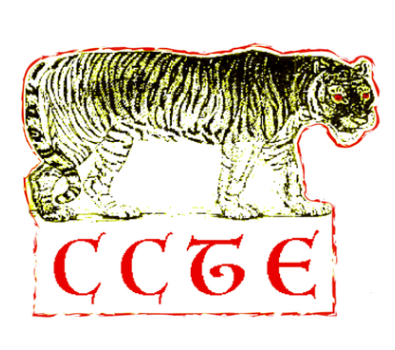Palestine Children’s Songbook
This exercise was first run at a film screening in Chicago on February 17 2024, hosted by an anti-imperialist organisation called Behind Enemy Lines. People put themselves into pairs for this exercise, some worked in groups of three. There were about 30 people in attendance. It was then adapted and run twice in succession in Manchester in March 2024, as a workshop for the Youth Front For Palestine (YFFP) where a larger group of 15 was split into two or three.
Problems (i.e. why the exercise was done)
Problem 1: People chant slogans without thinking. Phrases that began with meaning behind them become words that people repeat just because you say them. This exercise was used (in Manchester) as a way to help people think about the whole range of language and sentiment they might explore when they are chanting, producing posters or singing.
Problem 2: People think that children are helpless and innocent and that they cannot or should not participate in struggle. This leads to a lack of political songs to sing with children, causing a depoliticisation of childhood.
Problem 3: Lack of opportunities for people to produce things together beyond posters and banners that reuse the same tired slogans. Our aim was to show the emotive power of these forms we’re investigating and communicate to YFFP members the potential of continuing this kind of work to develop their movement and understanding of their actions in developing popular consciousness.
Problem 4: A general tendency in Britain to separate theory and practice. This means that the idea that you could be shouting something based in theory at your protests is highly unusual. We were heavily inspired by the approach of mass organisations in India to sloganeering and singing, particularly the Students Federation of India. We think that these forms are more pedagogical, because they are teaching all the shouters something (the phrase), they are more specific/particular, there is production involved, and they develop more closely in line with the political tactics and situation. Apart from anything else, names and theories heard during the protest can be written down and studied by protestors later.
Techniques Deployed:
Song re-writing
Materials used:
Worksheets printed with a variety of familiar songs paired with Palestinian nursery rhymes (found below)
Pencils
Participant numbers:
Minimum of two, no maximum
How long does it take?
Can be as little as ten minutes.
~ Instructions ~
- Hand out the instructions, linked here in a printable version (there are six different sheets with different songs on them, so be sure to hand out a variety)
- After the exercise, or maybe at the end of the session, ask a few brave souls to sing their songs out loud
- In Chicago, we produced a small pamphlet featuring the different songs that people wrote along with some illustrations, and then shared it with the participants to use and distribute. You can find the booklet at the bottom of the page.
Criticism / Results of this exercise
This exercise produced very good songs, and people had really thought through the meaning and what they wanted to say. It allowed people to consider also the level of militancy they wanted to introduce, and have conversations about which words they agreed and disagreed on.
The exercise proved to be effective in providing creative guidance for the song-writing - people were able to quite quickly produce original pieces of writing that they were proud of and excited to share. It seemed to help with the problem of creative paralysis and people not feeling like they can make things.
We found that some groups might struggle to see the value in the activity, because they find it to be unserious or not a good use of time. We find that activists often struggle with activities where they are not engaged in discussion, and conflate making things with art and doodling. They might have trouble seeing the educational aspects of the activity where people are both learning but also producing something that will help others to learn in the future. This could be taken into consideration in the planning of the activity, for example there might be pre-exercises that work through some of these ideological obstacles that might come up for people. There also could be a post-activity reflection where these criticisms can be aired and then further challenged.
| Palestinian Nursery Rhyme Stones here and stones there The night goes and the day comes The children are fearless in the face of the Israelis We do not fear The tents of the desert Nor the shooting of live ammunition Nor the breaking of bones Nor the demolition of homes The United Command adopted a resolution To eliminate the collaborators The traitors of all evil men |
| Palestine Solidarity Song (to the tune of ‘Happy Birthday To You’)
|
What’s the time?
in Al-Quds -
in Panama and Chicago -
in Burkina Faso -
in Scotland -
in Al-Quds -
in Panama and Chicago -
in Burkina Faso -
in Scotland -
